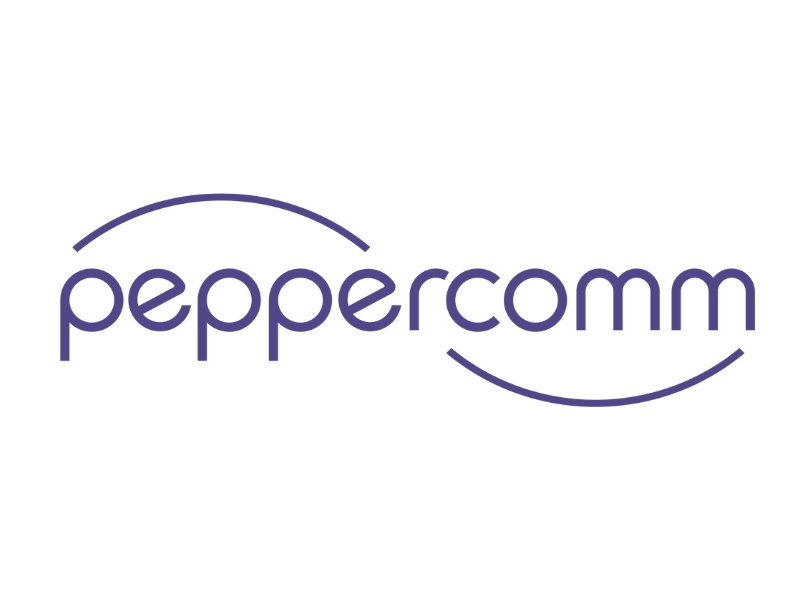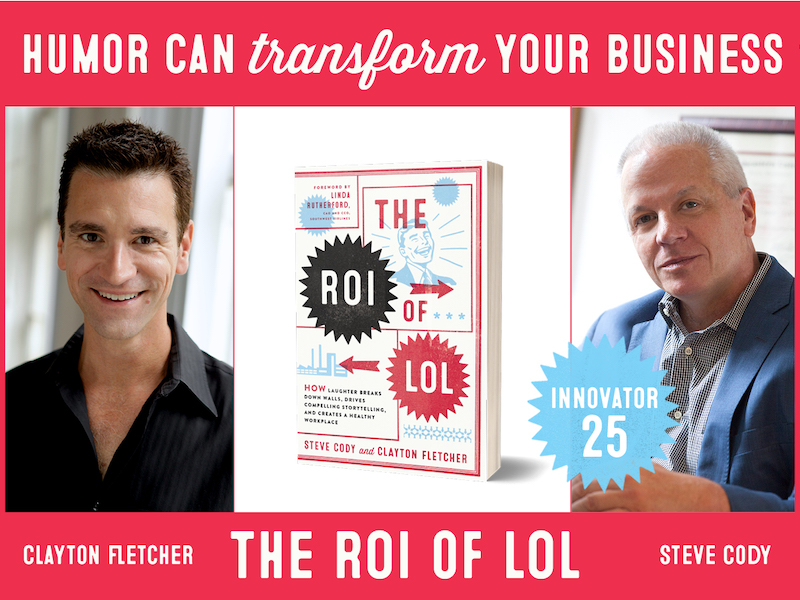Jeremy Woolf 07 May 2020 // 8:33AM GMT
.jpg)
I first heard "advertising is a tax on the unremarkable" on a podcast (The Beancast - well worth adding to your list). It's a slight variation on a quote attributed to Robert Stephens who founded Geek Squad.
The context was a conversation about design killing marketing, inspired by a Fast Company interview with a former IKEA design chief. To paraphrase, if products were truly remarkable, then you shouldn't need to advertise. The logic being that consumers' obsession with design means a transparent design process (and great design) would attract people and build interest in the product.
Interesting (if somewhat self-serving) theory.
I think aiming for remarkable in marketing and communications is a wonderful aspiration. But this discussion brings to mind another quote — this time from The Incredibles (still in my top five favorite Pixar movies): "Everyone can be super! And when everyone's super...no one will be." So, can all products, brands or services be super (or remarkable)? And does this mean we should only advertise / 'market' / communicate when we lack super powers?
I think we should certainly aim for remarkable. Or, perhaps more critically, demonstrate a brand virtue that means something real to the audience. Stand for something, for goodness sake. But you don't always have to reach for the moon. Remarkable is in the eye (or wallet?) of the beholder. A store brand that may be cheaper is meaningful to a budget-conscious shopper. It may also reinforce the store's own values that the shopper may have affinity for.
In influencer communications, for example, we should co-create programs that are meaningful to both the brand, the influencer and their community. Brands such as L'Oréal are building global influencer networks with celebrities and micro-influencers alike, and collaborating on initiatives such as Seed Phytonutrients, a new beauty brand. But this is done in parallel with an advertising strategy.
Products such as Apple's iPhones and watches have a history of dominating discussions even before they're released, advertised (or even acknowledged as part of a product roadmap). And though not a product, State Street's Fearless Girl stood up to Wall Street's iconic "Charging Bull" and created a national debate. Definitely remarkable. And she did so without an advertising spend.
So, does remarkable = no ads?
No. I 'grew up' in below-the-line PR and 'young' Jeremy would have said advertising / advertorials were somehow cheating. If the story was interesting — nay remarkable —enough then you'd quickly earn your views through great media relations. 'Young' Jeremy was foolish. Advertising has an undeniable ability to quickly reach your desired audience. And while it may not always be subtle, you'll get your impressions / clicks with the right targeting and creative.
It's not a case of either / or. Find your remarkable — or point of difference — and use a range of channels and forms of content. Advertising isn't a tax — it's a tactic.
Jeremy Woolf is a public relations, communications and integrated marketing consultant.


































.jpg)














